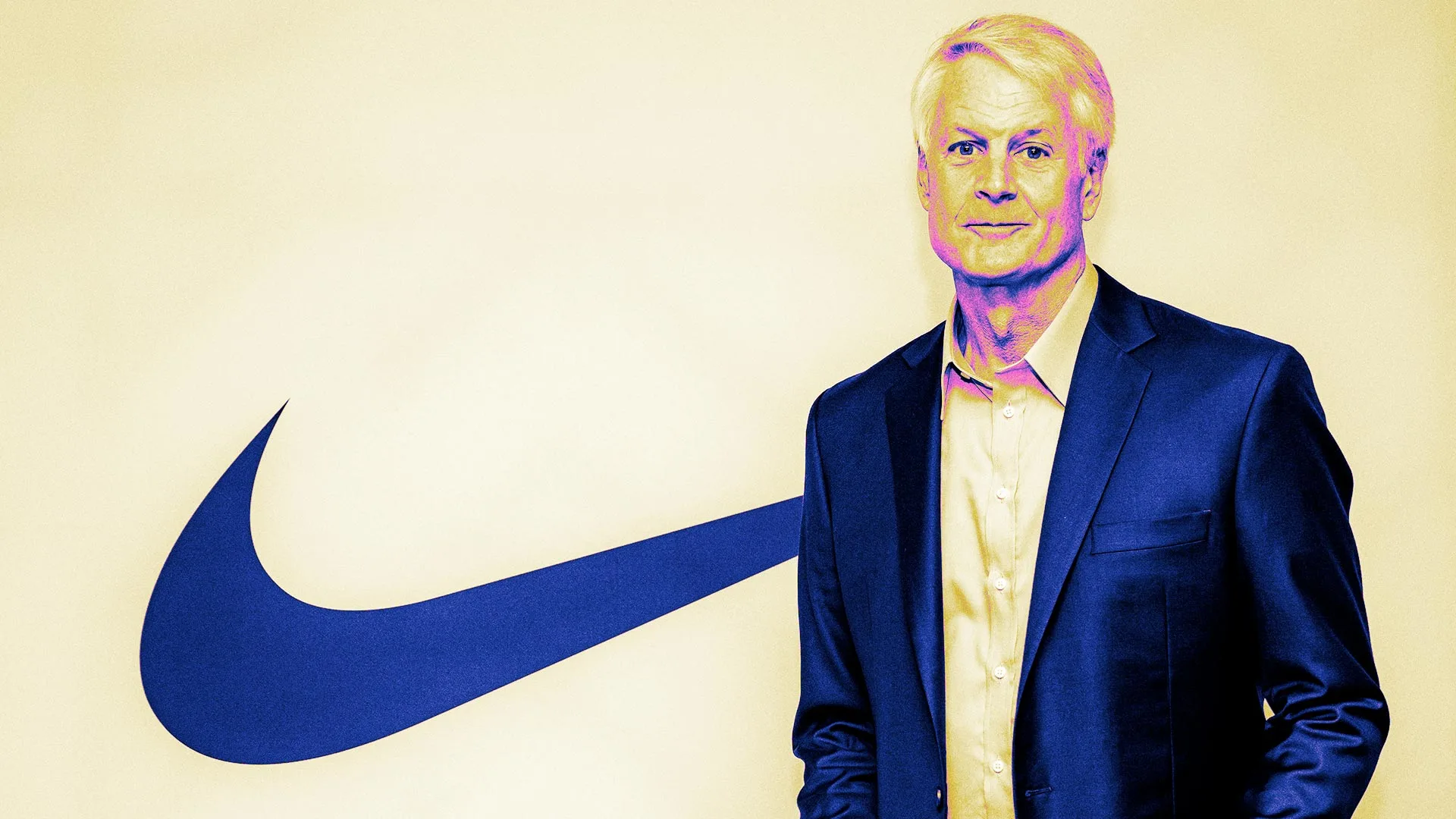Shares of Nike (NYSE: NKE) jumped in after-hours trading on Thursday after news broke that CEO John Donahoe is leaving the company and will be replaced by Elliott Hill, a Nike veteran who had held a number of senior positions before retiring in 2020.
Upon Hill’s return, he will become president and chief executive of Nike, the company said, as well as a director of the board.
Nike shares were up more than 8% after hours as of late Thursday afternoon. The stock has generally underperformed this year and is down around 24% year to date.
According to a press release, Donahoe and the board “have decided” that Donahoe will retire from both his chief executive role and from the company’s board, although he will stay on in an advisory role during the transition through January 2025. The leadership change will be effective on October 14.
A rocky tenure
The news follows a challenging year for the sportswear giant, and comes after a rocky tenure for Donahoe, who succeeded longtime CEO Mark Parker in January 2020.
Parker is now executive chairman of Nike. In a statement, he enthusiastically welcomed Hill back. “Given our needs for the future, the past performance of the business, and after conducting a thoughtful succession process, the Board concluded it was clear Elliott’s global expertise, leadership style, and deep understanding of our industry and partners, paired with his passion for sport, our brands, products, consumers, athletes, and employees, make him the right person to lead Nike’s next stage of growth,” Parker said.
As Fast Company’s Mark Wilson wrote in an in-depth profile of the company earlier this year, “While Parker was a shoe designer by training and known for working directly with the design teams, Donahoe served as CEO of eBay and management consulting firm Bain & Co., where he spent 23 years. In his four years at Nike, he’s proven to be more of a calculator than a creator.”
When Donahoe began at Nike, he almost immediately found himself battling the fallout of the COVID-19 pandemic. He executed layoffs, restructured the company’s design and development teams, and spearheaded Nike’s direct-to-consumer strategy, moving away from wholesale retailers.
“The move diminished Nike’s ‘futures orders’ program, which allows retailers to preorder products months in advance, giving the company a cash infusion even before products go on sale,” Wilson explained in his story. “The loss of these small-store relationships had an unfortunate side effect: Nike severed a crucial feedback loop from the businesses closest to its customers.”
In the void, running-shoe upstarts like Hoka and On began taking off with customers and specialty retailers. Brooks, meanwhile, overtook Nike as the market leader for adult performance running shoes in the U.S. in 2022—and held that position through 2023, according to data from Circana.
Nike also faced criticism that it was losing its innovation edge under Donahoe, who was decidedly more removed from the company’s design teams than Parker. Under Donahoe, the company leaned heavily on rereleases of older shoes—Air Force 1s, Dunks, and Jordans—to goose revenue.
Donahoe’s strategy of doubling down on retro rereleases and pursuing DTC sales was effective in the short term: Nike’s annual revenue grew from $37 billion in 2020 to $51 billion in 2023. But revenue for FY 2024, which ended on May 31, was up by only 1%.
In June, Nike said that it expects sales for Q1 2025 will drop 10%. It reports results on October 1.
“Innovation was challenging for the entire industry during COVID,” Donahoe told Wilson. “We don’t apologize for exploiting sneaker culture and the success of three of the largest franchises.”
The Paris Olympics were a big test for the company—the start of what Donahoe promised would be a yearslong “super cycle” of product releases around Nike Air that would reset the bar for innovation. The company’s mantra around the Games was “Winning is everything.”
This story is developing.
